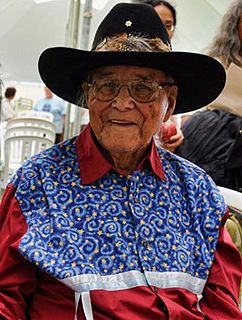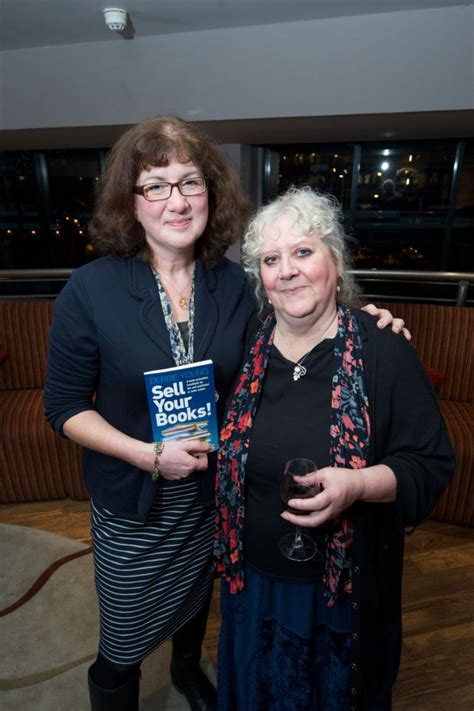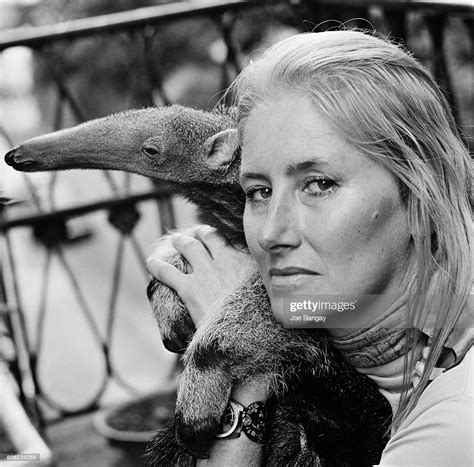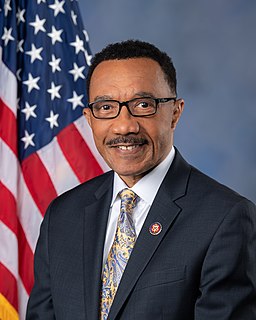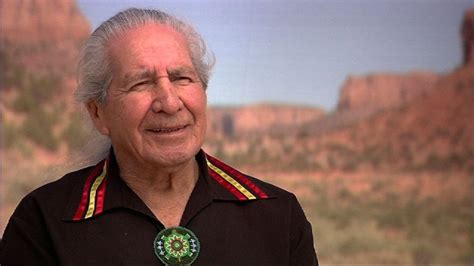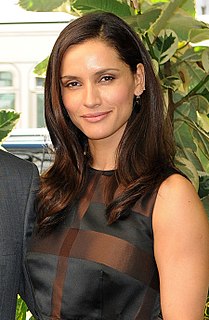A Quote by Louise J. Kaplan
When a child becomes an adult . . . the elders are fearful. And for good reason . . . not we but they are the germinators of future generations. Will they leave us behind as we did our parents? Consign us to neatly paved retirement villages? Trample us in the dust as they go flying out to their new galaxies? We had better tie them down, flagellate them, isolate them in the family cocoon, . . . indoctrinate them into the tribal laws and make sure they kneel before the power of the elders.
Quote Topics
Adult
Becomes
Before
Behind
Better
Child
Cocoon
Did
Down
Dust
Elders
Family
Fearful
Flying
Future
Future Generation
Future Generations
Galaxies
Generations
Go
Good
Good Reason
Had
Isolate
Kneel
Laws
Leave
Make
New
Our
Out
Parents
Paved
Power
Reason
Retirement
Sure
Them
Tie
Trample
Tribal
Us
Villages
Will
Related Quotes
In the time of the seventh Fire new people will emerge. They will retrace their steps to find what was left by the side of the trail long ago. Their steps will take them to the Elders, who they will ask to guide them on their journey. But many of the Elders will have fallen asleep. They will awaken to this new time with nothing to offer. Some of the Elders will be silent out of fear. But most of the Elders will be silent because no one will ask anything of them.
Why do we tell stories? It's because we want to connect to people, we want to tell them who we are, we want to tell them a story that affects us, that impacts us. And to help a young filmmaker doing a short or independent film is my testament, I think, is my desire to really make sure that our younger generations get passed along all the elders' experience and to literally have the image - to literally carry them on their shoulders and say, 'This is what the world is. This is how the world operates. Let me show you how.'
Sure, we have an obstacle, ISIS. They can do great damage. They can do great damage and they scare the living hell out of everybody with good reason. But they are, instead of dealing with nation-states that are arranged against us, we're to deal with non-state actors that can do damage to us. But this is within our control. We are beginning to make genuine progress as to how we isolate them, how we take them out. We're in a situation - I mean, I just could go on. But I am - the only generic criticism I had is we're not talking about the possibilities.
It is our genetic nature as a species to believe as young children that our parents and elders are right. We watch them to see what's what. Later on we can judge for ourselves and rebel if need be, but when we're just months old, or a year or two, and a parent looks at us with impatience, or disgust, or disdain, or just leaves us there to cry and doesn't answer us even though we're longing to be embraced and nurtured, we assume that something must be wrong with us. Unfortunately, at that age it's impossible to think there might be something wrong with them.
The Americans say that we are ungrateful-but I ask them for heaven's sake, what should we be grateful to them for-for murdering our fathers and mothers?-Or do they wish us to return thanks to them for chaining and handcuffing us, branding us, cramming fire down our throats, or for keeping us in slavery, and beating us nearly or quite to death to make us work in ignorance and miseries, to support them and their families. They certainly think we are a gang of fools.
It was so much easier to blame it on Them. It was bleakly depressing to think that They were Us. If it was Them, then nothing was anyone's fault. If it was us, what did that make Me? After all, I'm one of Us. I must be. I've certainly never thought of myself as one of Them. No one ever thinks of themselves as one of Them. We're always one of Us. It's Them that do the bad things.
We buy things. We wear them or put them on our walls, or sit on them, but anyone who wants to can take them away from us. Or break them.
...
Long after he's dead, someone else will own those stupid little boxes, and then someone after him, just as someone owned them before he did. But no one ever thinks of that: objects survive us and go on living. It's stupid to believe we own them. And it's sinful for them to be so important.
Is it any wonder the power this man held over me - this man who did not run from his demons like most of us do, but embraced them as his own, clutching them to his heart in a choke-hold grip. He did not try to escape them by denying them or drugging them or bargaining with them. He met them where they lived, in the secret place most of us keep hidden. Warthrop was Warthrop down to the marrow of his bones, for his demons defined him; they breathed the breath of life into him; and without them, he would go down, as most of us do, into the purgatorial fog of a life unrealized.
Our family makes us who we are, defines us totally. When you go to a therapist or have analysis, whatever reason you go in for, they will always bring you back to your family. We're strong or weak according to what family we have. You might have left them long ago, might not even talk to them, but something lingers; we have no choice.
To rescue our children we will have to let them save us from the power we embody: we will have to trust the very difference that they forever personify. And we will have to allow them the choice, without fear of death: that they may come and do likewise or that they may come and that we will follow them, that a little child will lead us back to the child we will always be, vulnerable and wanting and hurting for love and for beauty.
Ask any parent what we want for our children, and invariably we say 'a better life.' To that end, we give our time, our sleep, our money, and our dreams, much as our parents did before us. We all want a better life for our children. But what we want for them ceases to matter if we leave them an unlivable world.

